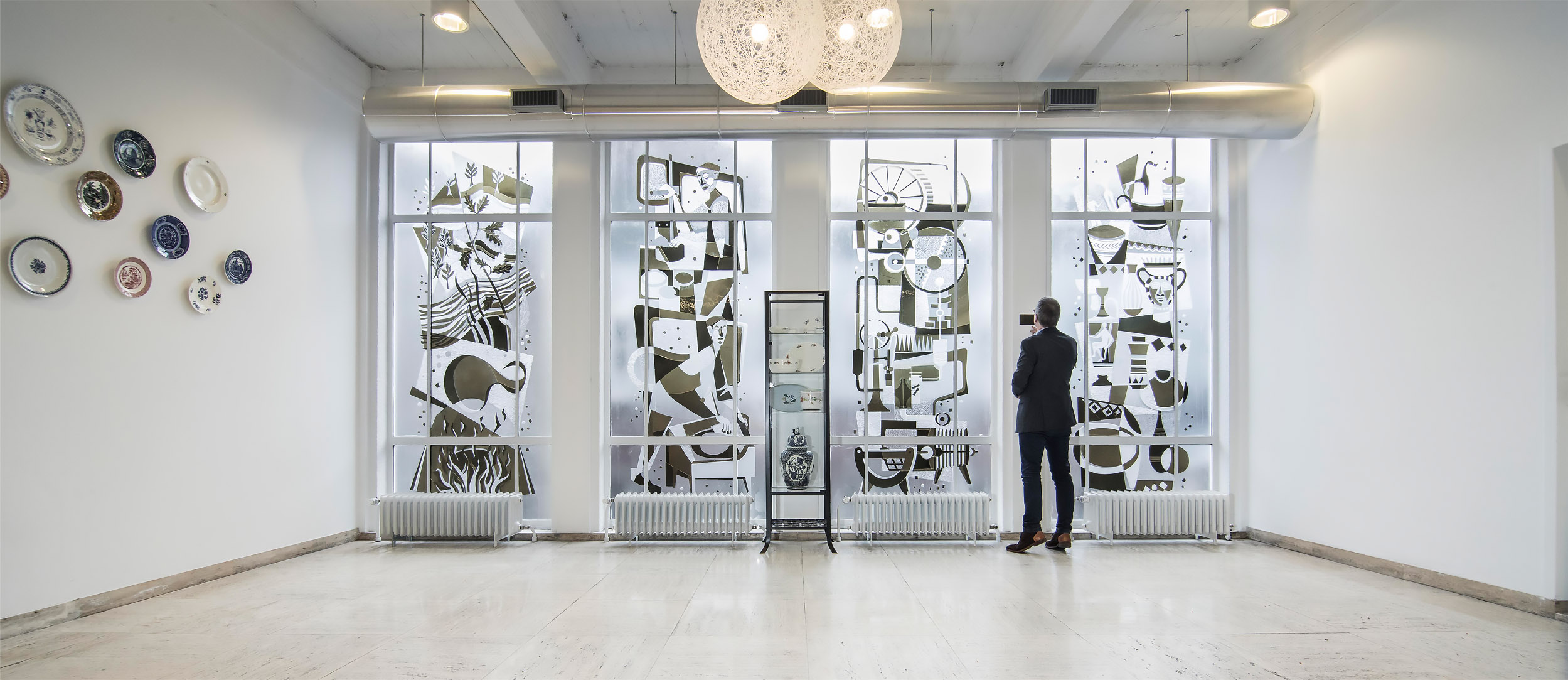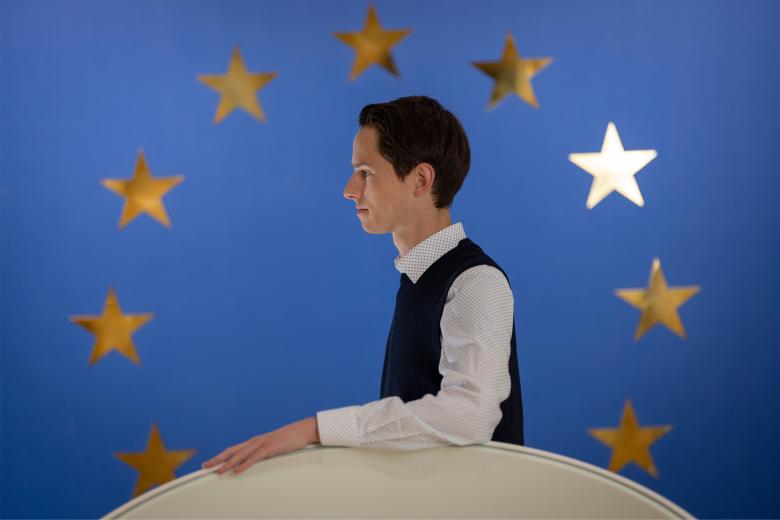UMagazine
UMagazine offers an insight into the key developments and achievements in education and research at Maastricht University. The magazine is printed twice a year.
The October edition includes a portrait of Marcel Merk, professor of Collider Physics. He combines this job with his work as a researcher at Nikhef, the National Institute for Subatomic Physics, where he has worked since 1994. His two children were raised in the Maastricht dialect, although they lived near Amsterdam. “Our Maastricht language is in our hearts.” He’s never missed Carnival in the city. “Because the problem is: if I’m not there, it won’t happen.” He roars with laughter. “I’m a sjeng squared.”
“Europe has been very naïve,” says digital democracy researcher Valentina Golunova. “We’ve been asleep to the societal impact of not only the technologies themselves, but in particular the concentration of power.” As a result, a handful of tech moguls in Silicon Valley have gained disproportionate global power and arguably stand outside—or even above—democracy. This power stems from algorithmic control, says Dani Shanley, a philosopher of technology. “They’ve become the feudal overlords of digital capitalism, with us as data serfs.” How can Europe defend itself against this digital oligarchy?
What happens to the universal rights of a child when their home is a “de-facto” state—a political entity that has all the hallmarks of nationhood, yet is not officially recognised? And who bears legal and moral responsibility for these children when war breaks out? These issues lie at the heart of the CHILD-WAR project, led by researchers from UM’s Faculty of Law. Guleid Jama is investigating them in his home country of Somaliland.
Europe’s plans to increase its military capabilities are controversial; not so much the if as the how. Professors Sophie Vanhoonacker and Rob Bauer differ in their views of how optimistic we can be.
How closely linked are the heart and brain, really? Eva Dijkstra obtained her PhD on the heart–brain connection as a predictor for the effectiveness of brain stimulation in treating depression. Alongside her supervisor, neuroscientist Alexander Sack, she is on a quest for personalised routes out of the darkness. They discuss depression, brain stimulation and the hope offered by science.
Michel Erard wrote a book about his sociolinguistic research on the first and last words of people from different cultures: Bye Bye I Love You. “Beautiful, iconic last sentences, such as Oscar Wilde’s ‘My wallpaper and I are fighting …’ are exceptions. Most people are silent, speak gibberish or just make noises. As someone dies, their window for interaction begins to close. It opens when we’re babies and remains throughout our lives, until it gradually narrows again at the end.”
EDLAB, which celebrates its 10th anniversary this autumn, is launching a major research project on the use of AI in Problem-Based Learning at UM. This time, Soul Kitchen offers a peek into the kitchen of rector Pamela Habibovic,born and raised in Bosnia. And alum Raneesha De Silva wants to work where the most vulnerable people need help. “I’d work for free if I didn't have to feed myself,” says De Silva, who works in humanitarian aid from her home country of Sri Lanka. Every year she returns to Maastricht, the city that changed her life.
Read about all this and more in the October issue of UMagazine!




